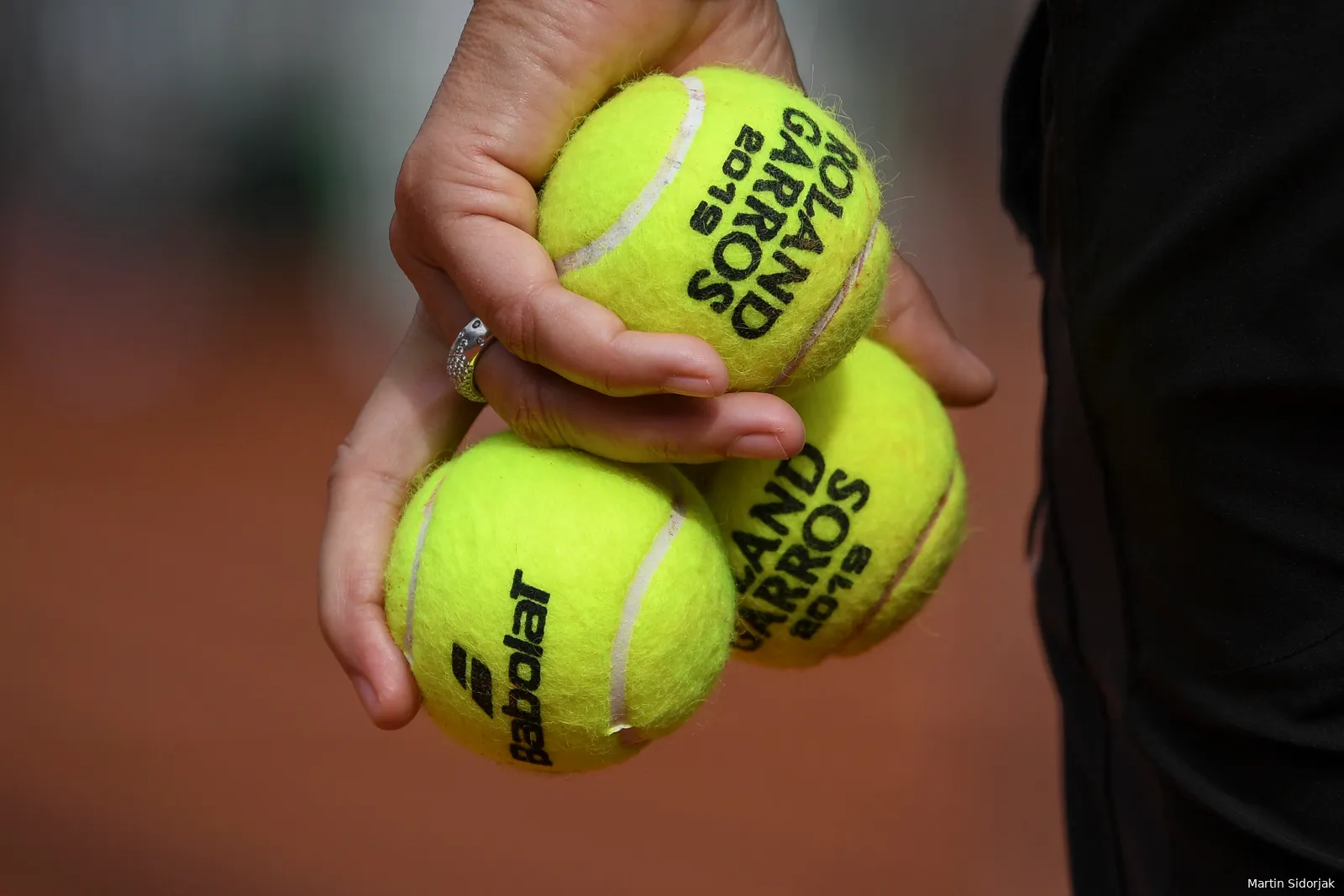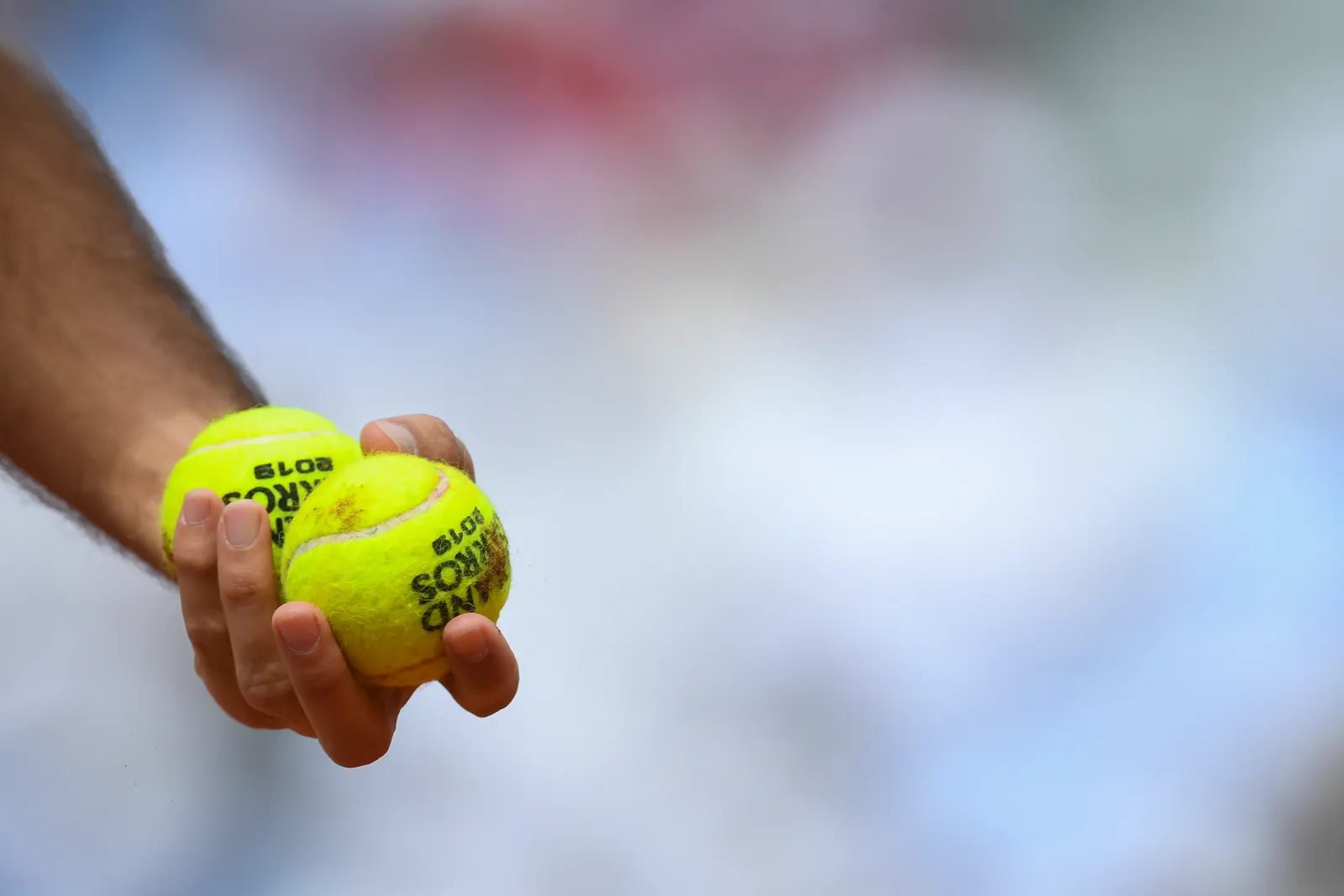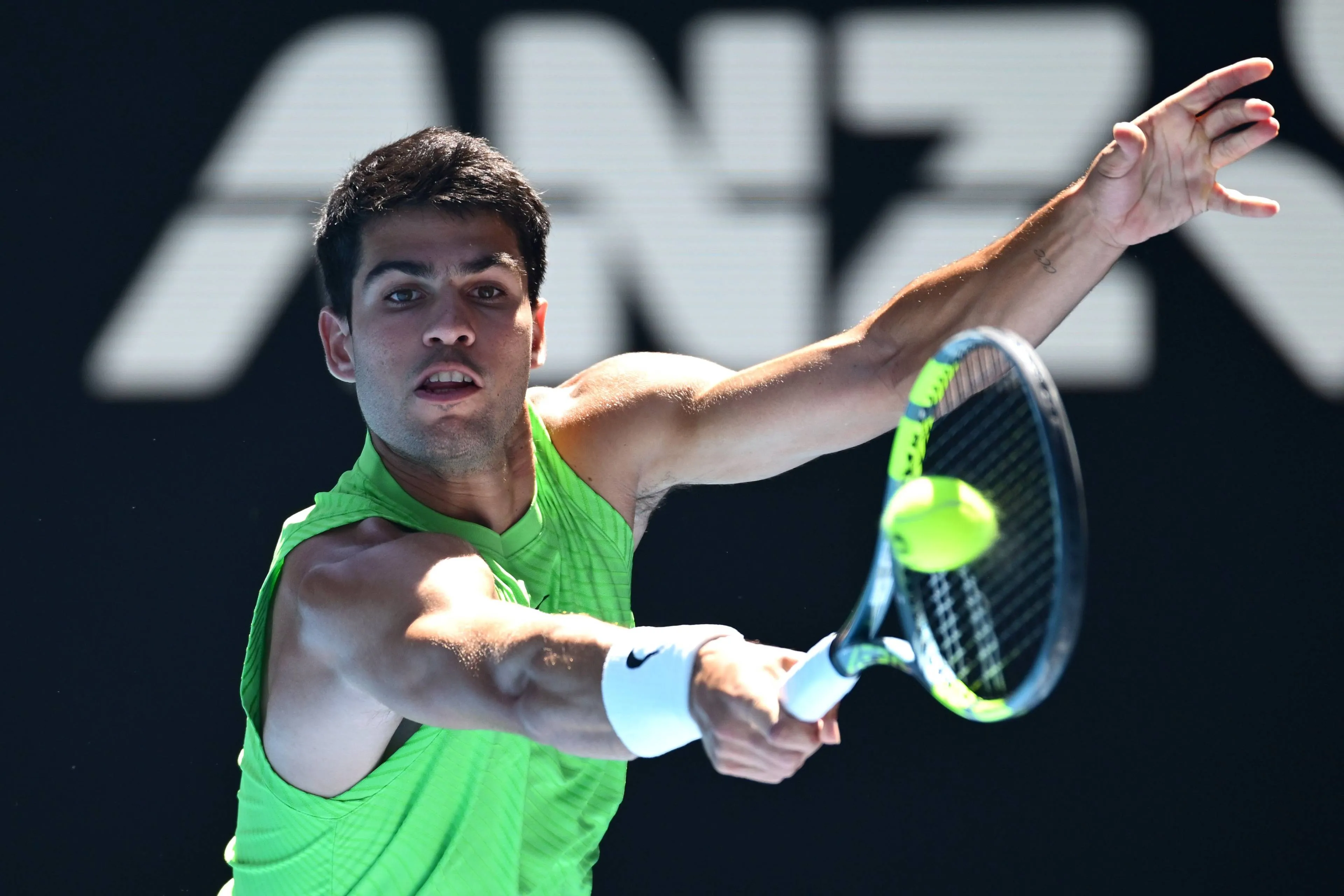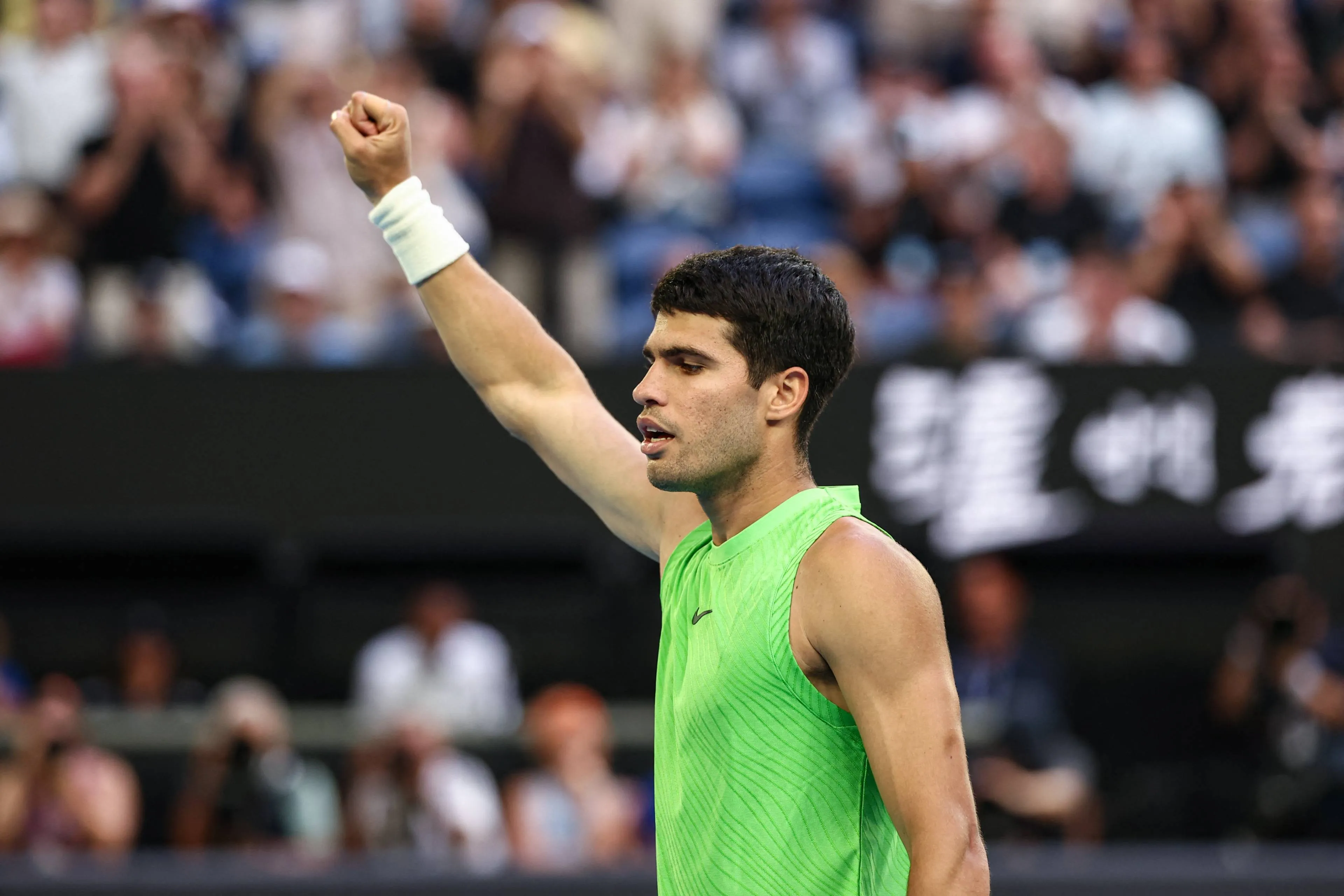Another Tennis Player Suspended For Breach Of ITIA's Anti-Doping Programme
NewsFriday, 15 August 2025 at 14:25

The topic of doping in tennis is back in the spotlight after an Australian player received a ban for breaking the International Tennis Integrity Agency's (ITIA) Anti-Doping Programme.
Last year, the sport was rocked by two of its most significant stars testing positive for prohibited substances. Jannik Sinner was found to have clostebol in his system at the 2024 Indian Wells Open, although that only became public five months later.
After a protracted and controversial saga, Sinner and the World Anti-Doping Agency (WADA) agreed on a three-month ban to settle the case. Some were furious that he did not have to go to court, while others thought he deserved no suspension since WADA accepted the Italian's use of clostebol was accidental.
Six-time Grand Slam champion Iga Swiatek tested positive for trimetazidine from an out-of-competition sample after melatonin tablets she bought from a manufacturer were contaminated with the banned substance.
Swiatek received a one-month suspension. Many felt the Pole was very unlucky to receive any ban since melatonin tablets are legal, and she could not have reasonably expected the tablets to be contaminated.
Although top-ranked players being investigated for breaches of the ITIA's Anti-Doping programme receive more attention, anyone being suspended for doping breaches is an important story that fans should be aware of.
Australian player banned for breach of Anti-Doping Programme
Thomas Fancutt has been banned for ten months by the International Tennis Integrity Agency. He accepted that penalty, meaning there is no need for WADA to get involved or appeals to be considered.
The 30-year-old reached a career-high ATP doubles ranking of world No. 107 in December 2024. Fancutt has enjoyed less success in singles, his highest ranking being No. 723, also achieved in December 2024.
On March 19th, 2025, Fancutt entered a voluntary provisional suspension. 12 days previously, the ITIA sent him a notice about a potential breach of the Anti-Doping rules that all players agree to abide by.
Read also
After a full investigation, which included interviews with Fancutt, the ITIA found him to be in breach of Article 2.2 of the Anti-Doping Programme, which relates to the use of a prohibited method.
Fancutt received an intravenous infusion over the accepted limit on December 3rd, 2024. As outlined by the rules, the limit for a 12-hour period is 100mL, which Fancutt exceeded.
The case is very similar to Max Purcell's, another Australian player. He was given an 18-month ban for also exceeding the limit for intravenous infusion, although he received over 500mL of vitamins on December 16th and 20th.
Fancutt's ban would have been longer had it not been for two mitigating circumstances. Firstly, he admitted to the breach and made no attempts to avoid being punished, which the ITIA usually accepts as a gesture of goodwill.
Secondly, the ITIA accepted that Fancutt did not deliberately exceed the 100ML limit. Any doping breach is notable for keeping the sport as clean as possible, but there is undoubtedly a difference between players who accidentally and purposefully break the rules.
Read also
Loading








